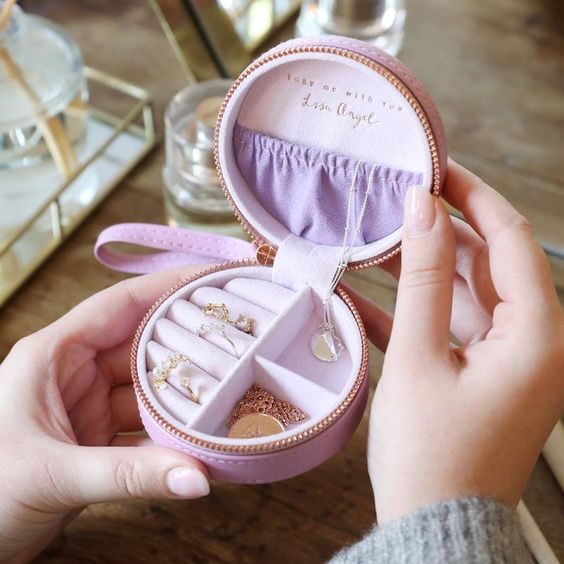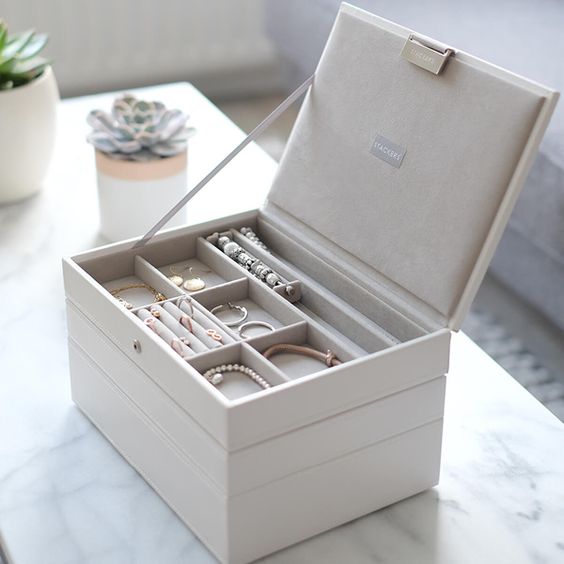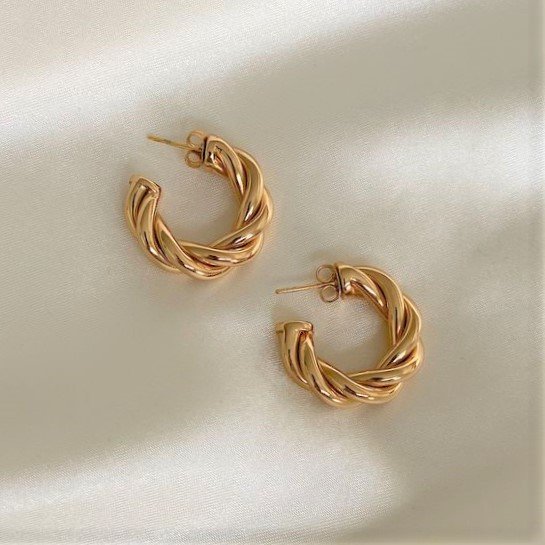
The Ultimate Jewellery Care Guide

There are so many places offering the best advice on protecting our prized possessions from wear and tear and everyday accidents. Here we present a collation of the best of this advice in one place, making sure your jewellery is cared for in the way it deserves.
How to prevent jewellery damage
Unfortunate accidents with precious jewellery can be upsetting and frustrating. There is nothing worse than when you lose the back to an earring or a pendant is scratched.
To avoid these moments, you should begin by remembering to remove items before sleeping, showering, and exercising. Then, apply lotions and perfumes before putting on that jewellery, as these items can accelerate the build of grime – it is the same principle with chemicals used to clear your home.
How to check your jewellery for damage
It is natural for jewellery to become a little battered by time. Wear and tear are a natural outcome of enjoying the piece. However, you can prevent irreversible damage and loss by keeping a lookout for signs that your jewellery needs repairs. For instance, check the stone setting and see if all the claws holding it in place are secure. Look at the clasps on bracelets and necklaces and links on watches and chains to ensure they are working correctly. Finally, be sure that your earring backs are sturdy.
How to store your jewellery safely

We all can get a little lazy with even our most precious jewellery. We are getting ready for the shower, and we throw it on the dresser or into the box. However, the way to secure the future of your jewellery is to store it appropriately.
What does this mean?
First, invest in a good jewellery box that will allow you to keep your jewellery types separate. Different metals do not react well with others, and the stones of some jewellery could scratch the face of a watch or pendant.
More precious jewellery might need wrapping in fabric or inside pouches to help them stay tangle and scratch-free. A necklace tree is an excellent piece of storage kit if tangling is a proper issue for you.
How to prevent tarnishing to your jewellery
Gold and silver are susceptible to moisture and will start to tarnish. Tarnished silver and gold can slowly go to black if not stored appropriately. While tarnished precious metal is not irreversible, it is annoying to counter.
To avoid tarnishing, make sure the jewellery is dry before you store it. Silver and sterling silver needs to dry the jewellery if you have been caught in a rainstorm. If there is noticeable grime build-up, you should look to clean and polish the pieces regularly.
Finally, those silica gel packets that come in parcels can remove damp air from your jewellery box.
How to clean silver and gold

The lustre that attracts us to silver and gold jewellery can be quick to dim without cleaning. The process of cleaning jewellery is more straightforward than you might think. You can use a bar of soap and mix it into warm water until you get those bubbles. Then, dip your jewellery into warm soapy water for about 10 minutes. You can use a toothbrush to remove dirt from the crevices. Ensure you dry and polish the jewellery afterwards with a microfibre cloth, ensuring that no moisture is left behind.
Alternatively, you can place your jewellery in warm water and then add salt, stirring to help it dissolve. Once dissolved, add some strips of aluminium foil to the saline mixture. There will be a reaction in the fluid that will remove the tarnish and shine the metal.
If this all sounds too crude, you can either buy a cleaning kit or take the piece to a jeweller. If this is a massively significant piece of jewellery, you might not want to risk using these do-it-yourself methods.
How to clean jewellery with a gemstone and resin jewellery
Gemstones require different care depending on the stone type. A mild detergent, warm water and soft cloth should do enough to keep these gems sparkling. If you are unsure and the gemstone cost you a lot, you might want to ask a jeweller to undertake the work.
You also have to be careful with resin-based jewellery. Resin can be reactive to chemicals and high temperatures. You can shop at The Epoxy Resin Store, if you want the best resin items. Therefore, keeping these pieces away from household cleaning products and beauty lotions is essential. Resin is also not waterproof, so you shouldn’t wear the piece in the shower or soak it in water.
Therefore, a soft cloth and a polish meant for use with resin should do the trick.
Mistakes to avoid!
Whatever you do, do not use toothpaste or lemon juice when cleaning precious jewellery. Toothpaste is abrasive and will erode the jewellery. Lemon juice is more acidic than you give it credit for and can be hugely damaging to porous stones.












































